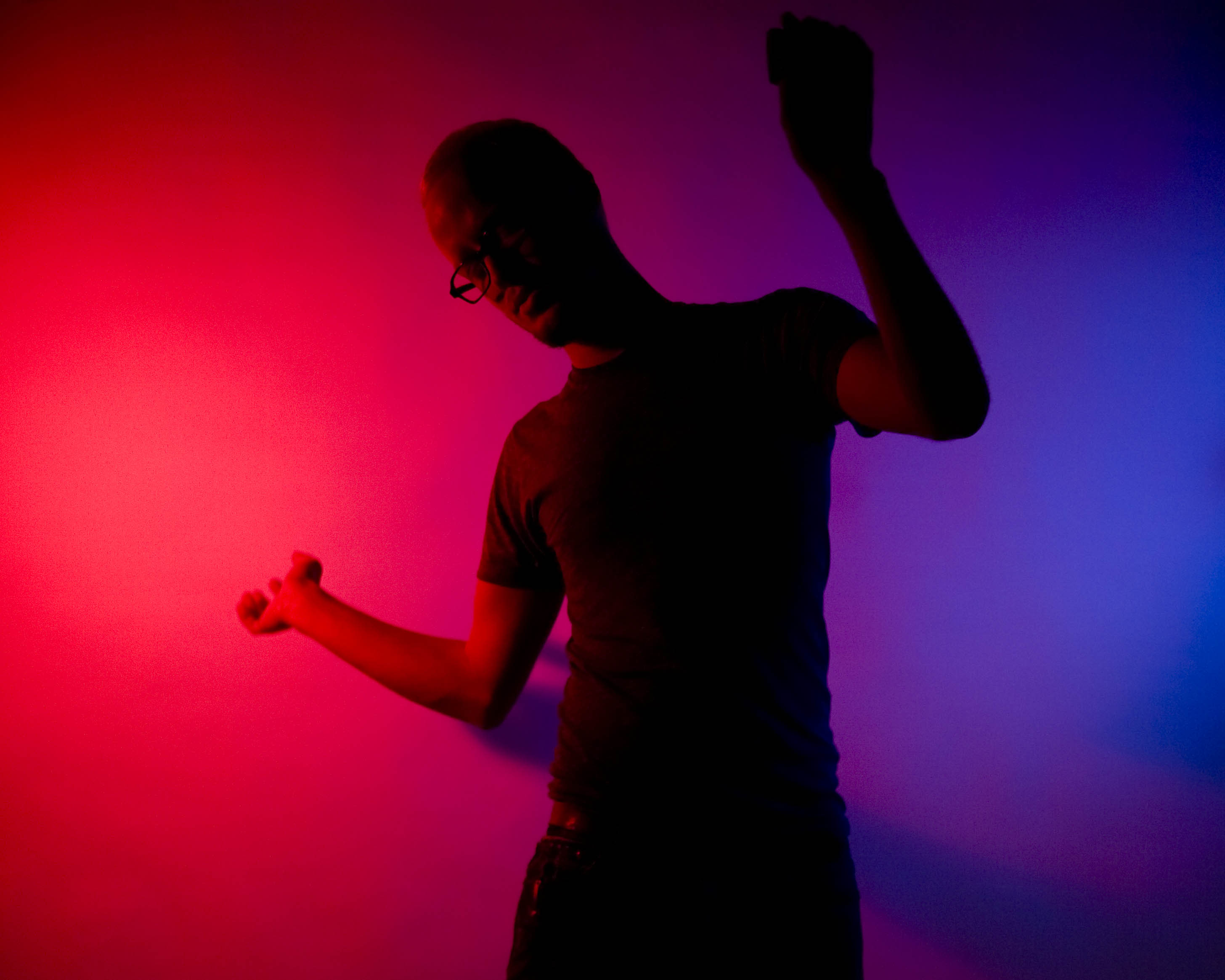Dance groups at Biola leave little doubt that we’re never going to be a boogie-free campus. Albert Einstein says “dancers are the athletes of God,” so it’s no surprise that dance has been incorporated into worshipful events at Biola.
For many at Biola, dance is a passion that shapes their daily lives as a channel of emotional expression. Appreciation for dance among the students and staff at Biola continues to grow.
Alumnus Jay Tapaoan saw his love of dance being fulfilled while at school.” It has a huge impact on my life because it defines who I am. It is an art that I have been blessed with and enjoy watching people show off their skills, like Dr. Cook,” he said.
Clyde Cook, Biola’s previous president, made cameo appearances during some of his choreographed dances and wowed the crowd with his unprecedented moves.
During Tapaoan’s time at Biola, he saw peers break out of their shells and find ways to let go of built-up school stress. Some feel self-conscious when dancing, yet Tapaoan believes it is to be appreciated for how it is an expression and not just one’s skill level.
“People are so shy sometimes and think they have to ‘look good’ when they dance, but you dance to what you feel,” Tapaoan said.
“Dance is my escape, it actually de-stresses me. I remember quite a few times when my schedule was ridiculous and I was feeling overwhelmed … practice would start and I would completely forget about how tired I was or how much I had to do,” said Xopoc member, Dustin Giallanza. Giallanza has performed with the Xopoc dance troupe at Biola events Punk n’ Pie and Mock Rock.
Tapaoan was able to have a hands-on experience with choreographing various events such as Mock Rock, SOS orientation and Midnight Madness. Along with these events, Biola has begun to incorporate more dancing into various events, such as Missions Conference and chapel. Both have had dance groups perform at various times throughout the year.
Though some Biola students disagree with Biola’s contract, Tapaoan does not feel he was stifled in anyway. “To be honest, there were no struggles concerning the contract. All the dances we did were ‘clean’ and fun. If we wanted to go dancing as a group, we would go out to clubs off campus,” he said.
Likewise, Giallanza has not had difficulties with the contract. “Biola seams to be very supportive of Xopoc. I think Biola is slowly realizing that dance is just as much part of the arts and important to many students,” said Giallanza. “I think dance is probably the least understood art amongst Christians and Christian schools, but I think that will change with enough youth showing their passion for it.”
Biolans sign a contract that states, “No social dancing is permitted on campus at any time. No University-related or sponsored dances are permitted off campus at any time.” Though the community standards are in effect for the purpose of avoiding morally degrading dancing, Danny Paschall, who has worked with Biola’s Student Affairs for 15 years, explains that subject of dancing is not an issue if it does not detract from the mission and values of the school.
“I love dancing along with my wife, but social dancing has changed over the past couple of years and has become so much more sexual than when I was younger,” said Paschall. “Any decision we make we need to ask if it is moving closer toward our mission as a university, is it taking away something from our community? If not, why are we not endorsing it?”
Dancing is an integral part of the lives of many. Though cerebral palsy has severely limited the use of her legs, senior Megan Jeanjaquet describes dancing in such a way that displays her passion for its expressiveness and potential for worship. While watching the Mission Conference dancers, she was driven to tears.
“Dance is one unique way to communicate. When there were the scarf dancers at Missions Conference I absolutely loved it. I wish they would do more of that, as part of chapel or even other events. It can really move those who are watching. You see people dancing as they sing and I think that should be valued,” she said.
If she wasn’t in a wheelchair, Jeanjaquet believes she would have pursued dance. “Others need to find a deeper appreciation for a gift they often overlook,” she continued.
“I have often been told that I will be walking in heaven and I respond back to them that I will be doing way more than that – I will be dancing,” Jeanjaquet said.
For Jeanjaquet, Tapaoan and Giallanza, celebrating dance comes naturally. They all see how using one’s gift brings glory to God. For those who struggle with seeing dance as worship, consider the complete joy experienced by those involved in dance here at Biola. Perhaps, like Jeanjaquet, you will “feel God being praised by such overwhelming passion and not focus on the distractions around you.”







